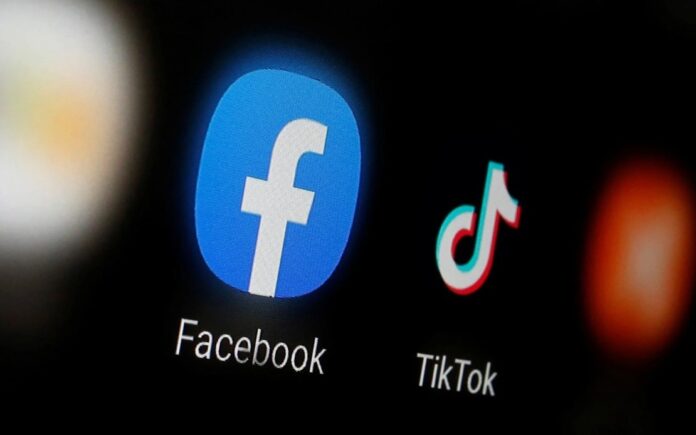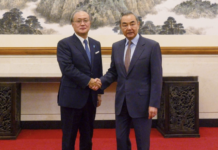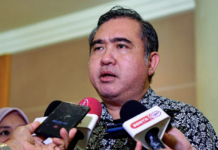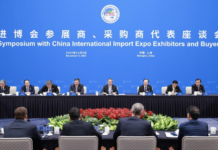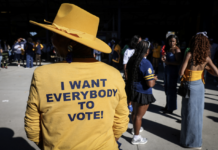KUALA LUMPUR, Dec 15 — The decision by the Malaysian Communications and Multimedia Commission (MCMC) for social media platforms such as Facebook and TikTok to remove content related to race, religion, and royalty (3R), online gambling advertisements and offensive statements is within reason to safeguard sensitivity, security and national interests.
Universiti Teknologi Mara (UiTM) Centre For Media and Information Warfare Studies (CMIWS) senior lecturer, Dr. Noor Nirwandy Mat Noordin said although Article 10 of the Federal Constitution grants the freedom for citizens to express their opinions and thoughts, it is not absolute.
He cited Article 10(4) of the Federal Constitution, where Malaysians are prohibited from questioning issues related to citizenship, the Malay language as the national language, the special rights of Malays and Bumiputeras and the sovereignty of the Rulers.
“Everyone has the right to voice their opinions, but we also need to consider if it can affect national security, or if it can create uncertainty and issues that can jeopardise national interests.
“It must be remembered that freedom of speech comes with rights and responsibilities,” he said when appearing on Bernama TV’s ‘Malaysia Petang Ini’ programme today.
It was reported that Facebook-owner Meta and China’s TikTok restricted a record number of social media posts and accounts in Malaysia in the first six months of 2023. This comes amid a jump in government requests to remove content.
According to the report, Meta said between July 2022 and June 2023, it restricted access to more than 3,500 items in response to reports by the country’s communications regulator and other government agencies.
The content included criticism of the government and posts that allegedly violated laws on illegal gambling, hate speech, racially or religiously divisive content, bullying and financial scams, Meta’s report said.
The then Communications and Digital Ministry had been considering making it mandatory for all social media platform service providers operating in the country to register with the MCMC to ensure that all such platforms understand and comply with the country’s legal aspects.
Last month, then Deputy Minister of Communications and Digital Teo Nie Ching said the MCMC does not function as the Internet police but rather provides technical assistance regarding investigations, information supply, digital forensic analysis and content restriction or removal based on requests from the Royal Malaysia Police (PDRM) or other complaints.




